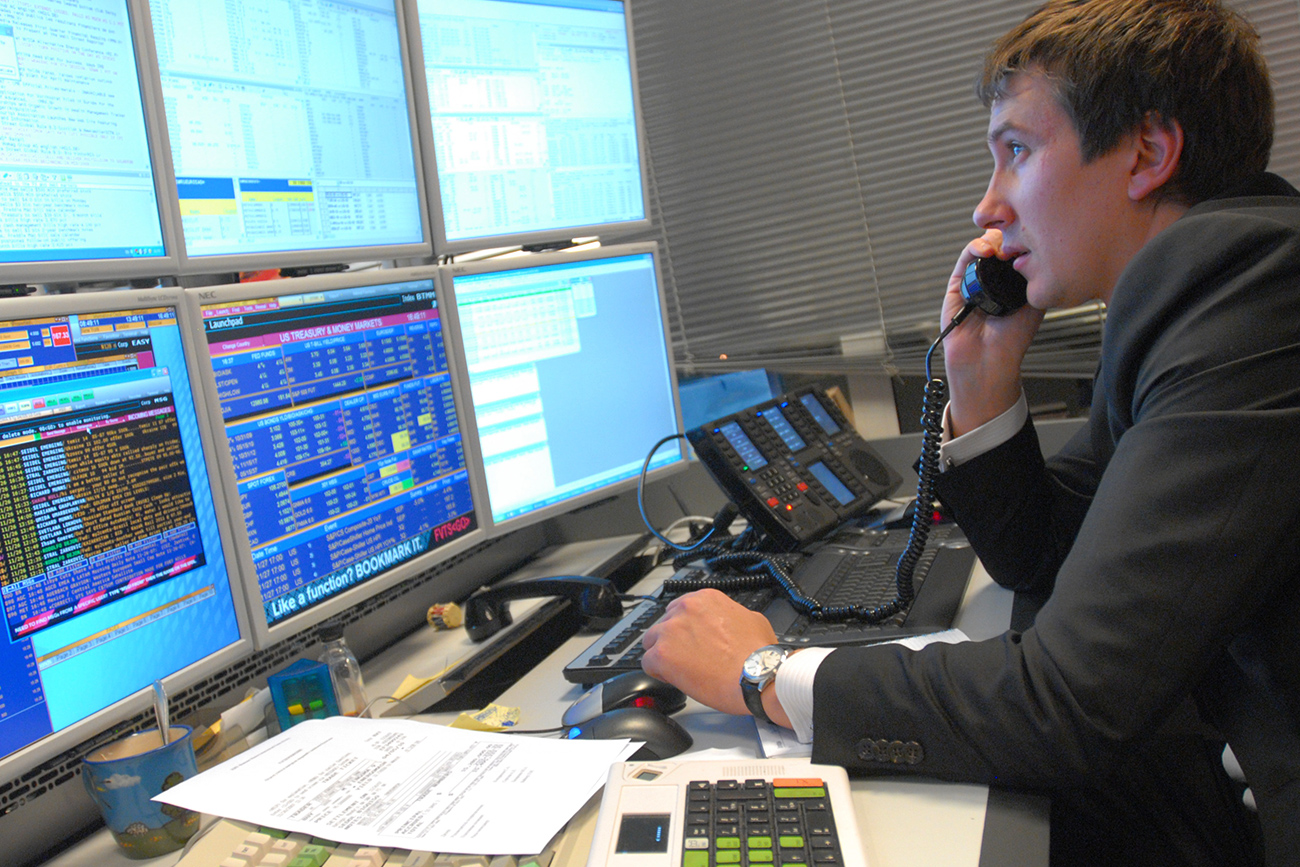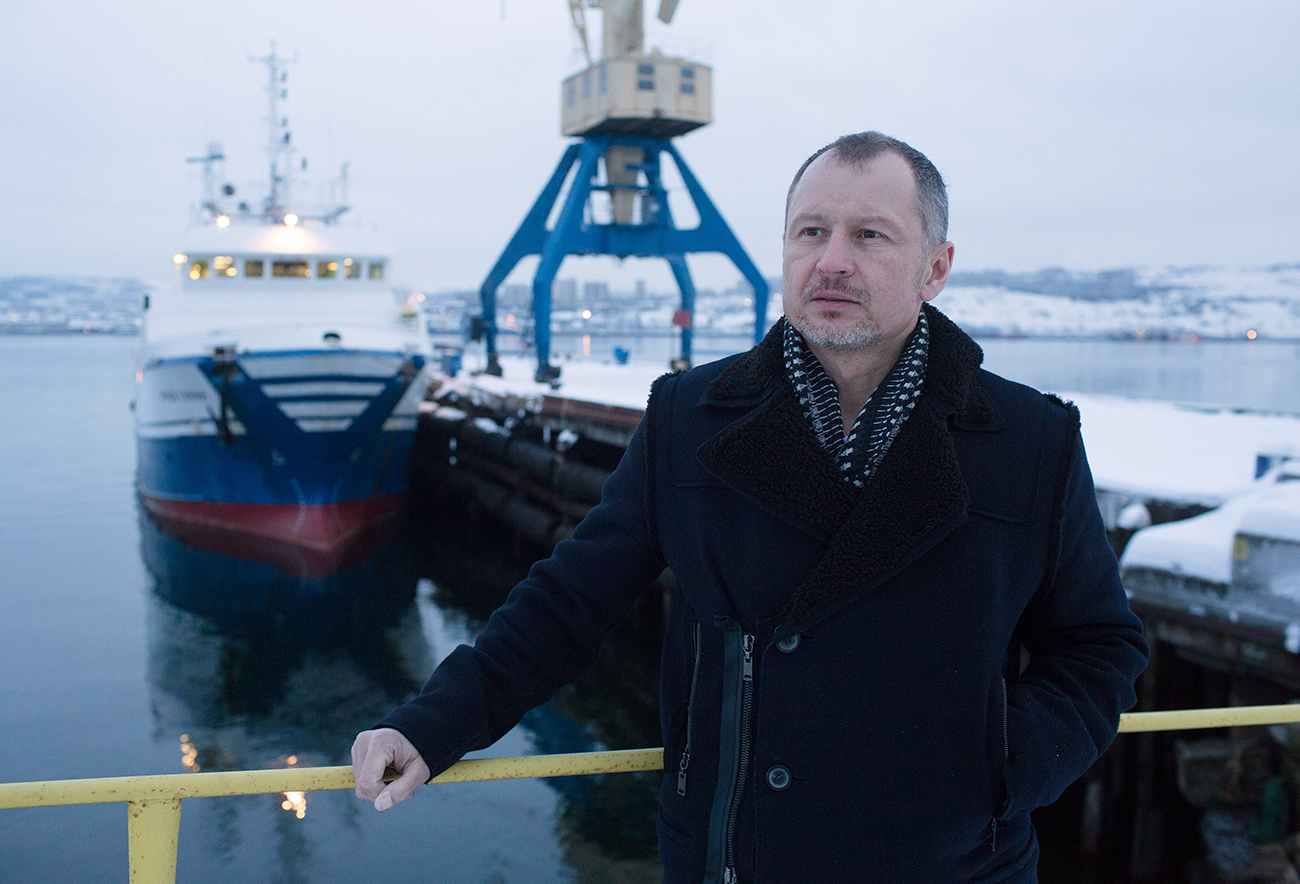Is it worth investing in Russian companies?

The Moscow Exchange rose by 27% in 2016.
Natalya Medvedeva/TASSAgainst the backdrop of rising international hydrocarbon prices, the Russian budget has begun accumulating surplus revenue. The government intends to use the surplus to purchase foreign currency as a measure for reducing volatility in the ruble’s exchange rate. On Jan. 25, the Finance Ministry announced that it plans to begin regular currency exchange operations through the Central Bank of Russia.
The Central Bank’s decision to buy up foreign currencies signals that the government views a weak ruble as being in its best interests. “We are currently witnessing the government's return to rigid budgetary rules and the accumulation of reserves,” says Stanislav Kleshchev, chief analyst at VTB24 Bank. “All other things being equal, such a policy limits the national currency's potential to become stronger.”
“An investor's natural reaction to such an announcement [that the Central Bank plans to buy up foreign currencies] would be to switch priorities away from companies catering to the local market in favor of those involved in exports,” Kleshchev notes. “However, it is still too early to draw any final conclusions.”
Kleshchev points out that the share prices for listed exporters of Russian natural resources do not necessarily depend exclusively on exchange rates between the ruble, the dollar and the euro. “There are also other factors specific to the sector, or a particular corporation, that affect the market and have a greater influence on investor sentiment than currency exchange rates.”
In the past, shares of Russian exporters have risen dramatically to the backdrop of a depreciating ruble. The Moscow Exchange rose by 27 percent in 2016. Prices also went up significantly for metallurgy giants Mechel (up 311 percent), Magnitogorsk Iron & Steel Works (up 191 percent) and NLMK Group (up 179 percent), says Timur Nigmatullin, financial analyst at FINAM Group.
According to Nigmatullin, the prospects of a strengthening ruble mixed with growing oil prices and slowing inflation could make exporters less appealing as investments due to the negative forecast for currency valuation.
Some exporters have already seen the value of their shares rise this year. According to Sergey Suvorov, head of the analysis department at BK-Savings Management Company, this trend might continue. “The aluminum giant Rusal has seen its shares grow, for one, along with the fact that China, a major player on the aluminum market, may reduce production, which would positively affect prices.” Share price could also grow for Rosneft, which is in the middle of an active growth period, Suvorov told RBTH.
Kleshchev says that as oil prices continue to rise this year, dividends and growth remain the main investment ideas on the market. According to Kleshchev, investors are primarily interested in companies that demonstrate sustained growth and those offering high dividend yields. There remain few examples of both categories in Russia. Some companies exhibiting sustained growth include X5, Polymetal, Sberbank, Sistema, and the Moscow Exchange. Among those with high dividend yields are FGC UES, MTS, Nornickel, LSR Group, Megafon, Acron Group, and ALROSA.
Read more: Russians weather the crisis by sharing beds, rides and jobs
If using any of Russia Beyond's content, partly or in full, always provide an active hyperlink to the original material.
Subscribe
to our newsletter!
Get the week's best stories straight to your inbox
